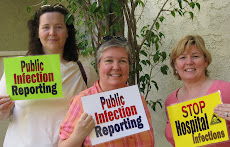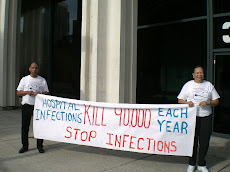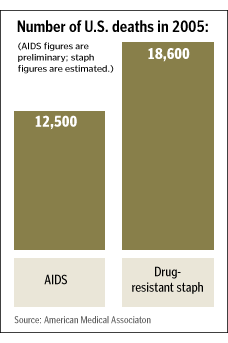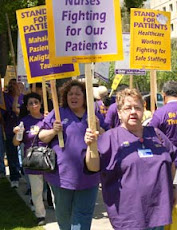
MDs OK @industry gifts
Posted by medconsumers on July 19, 2010
One thing that adds to the inefficiency of our medical care system is the distorting influence of the pharmaceutical industry’s marketing techniques. A new survey of 600 doctors, surgeons, and medical students found that most have positive attitudes towards the marketing activities of the drug companies. Unfortunately, most seem to miss the fact that marketing is all about getting them to prescribe the most expensive drugs.
The most disturbing finding in this survey, published in Archives of Surgery, is the 58% of respondents who said they believe that drug samples improve patient care. Free drug samples to doctors—one of the pharmaceutical industry’s most effective marketing strategies—are all about increasing the sales of brand-name drugs. They tend to be the newest, most expensive drugs, offered to patients in this way, “Try this free drug sample and see how you do.” The patients who do just fine continue with the expensive drug, which might very well have a less expensive alternative that is just as good…or safer. So far, no one has come up with any good evidence that free samples improve patient care.
The pharmaceutical industry would have us believe that the free drugs go to low-income patients, but that didn’t hold up once researchers took a hard look. They found that the people most likely to receive free drug samples from their physicians are the financially well off and the insured. (Click here) Another study showed that the people who get free samples wind up with significantly more out-of-pocket expenditures than those who don’t.
Three-fourths of the doctors in the new survey believe that accepting free gifts and free lunches did not influence their own prescribing practices, but 52% said other doctors are likely to be swayed by such marketing tactics.
I think we can safely assume that the pharmaceutical marketing pros know exactly what works in terms of gifts to doctors, be it a free mug with drug company logo or a lavish dinner at the local French restaurant. One anti-drug industry documentary featured a former drug saleswoman turned whistle-blower. She said that her company could clock an uptick in drug prescriptions after something as seemingly minor as bringing a $10 take-out Chinese lunch for each person on the doctors’ staff.
You have no way of knowing how much marketing influences your own doctor’s prescribing behavior. A doctor too ready to prescribe the newest drug is a bad sign. So is the doctor whose waiting room often includes a well-dressed drug sales representative (usually female) and/or an office that is heavy on the industry-generated posters, pens, mugs, and brochures. One friend noticed the place she was expected to place her feet on the scale in her doctor’s office had a paste-on ad for Meridia, the weight-loss drug.
Revealing as this survey is, it centers on marketing tactics that are small potatoes compared to what’s happening at academic medical centers and is largely hidden from public view. It’s the fact that half of all continuing medical education is funded by industry. It’s the large consulting fees paid to key opinion leaders to “educate” their peers about the latest drugs. (For the definitive article describing how this works, click here.) Things have gotten so bad that medical students at Harvard are reportedly asking hard questions about which of their professors are paid consultants for the pharmaceutical industry (click here).
Reforms are on the way but still relatively new. Under a new federal law, drug and device companies will soon have to disclose, on a publicly accessible website, the names of doctors who accept speaking fees, as well as the value of all gifts. We already know that this will have an immediate effect. Vermont is one of three states that already put this law into practice in 2002. Early this year, the attorney general of Vermont release data showing that total payments to doctors dropped 13% in 2009 to $2.6 million. Vermont now plans to improve its law with an outright ban on most gifts, including food, which amounts to $800,000 of the 2009 total.
Several years from now we can look forward to another survey to see how doctors react to the new federal law.
Maryann Napoli, Center for Medical Consumers©









No comments:
Post a Comment